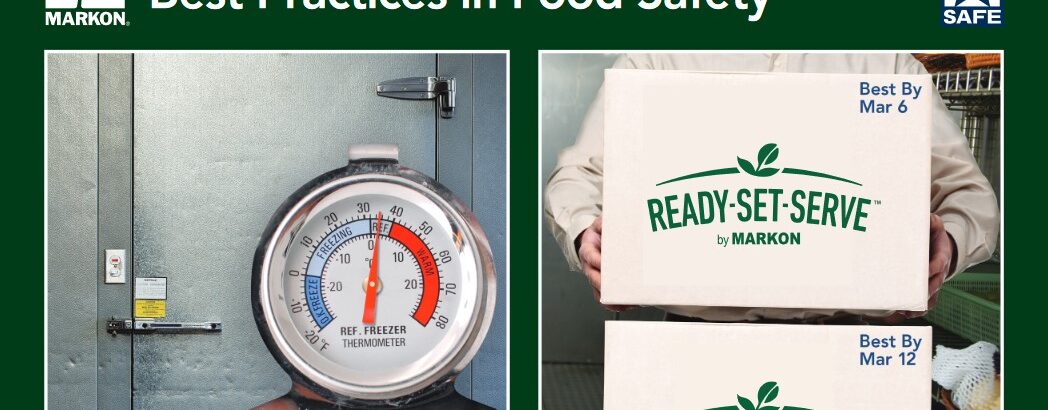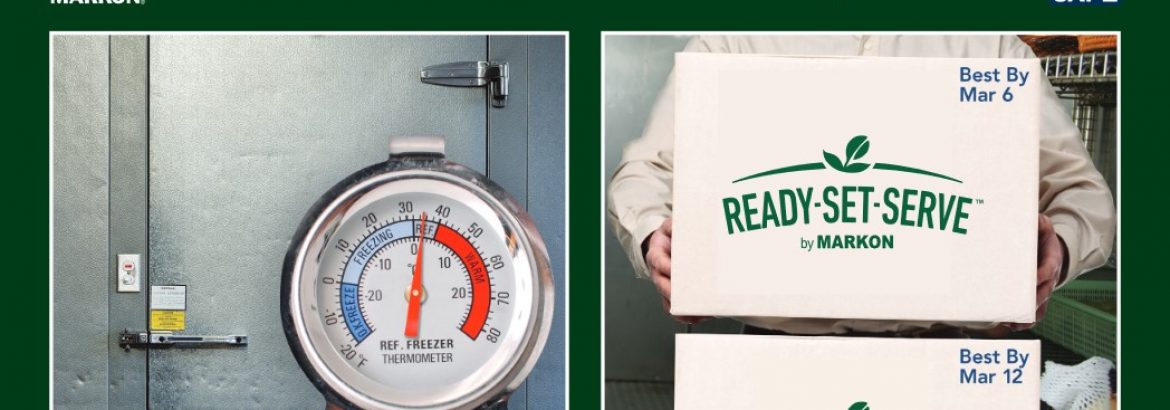Dependable labor is one of the most important, hard to ensure factors in running foodservice operations today. Investing in the proper education of kitchen staff not only increases efficiencies in storage, handling, shelf-life, and food safety measures, but also shows employees you have the confidence in them to make money-saving, waste-preventing decisions.
- Markon offers several laminated training posters for operators to post in the back of house to remind staff of the importance of:
- Hand washing
- Norovirus safeguards
- Where to store produce/cooler layout
- Food safety best practices
KITCHEN CHECKLIST
Markon member sales representatives can share these laminated posters (easily stuck in key back-of-house locations and wiped clean). Ask your MAC representative to order these for your customers today.
- Hand-Washing: Step-by-step instructions on proper hand washing technique as well as additional produce handling tips.
- Norovirus Prevention: Defines what this common virus is and how it’s spread as well as what to do (and not do) to avoid making others sick.
- Short-Term Produce Storage Guide/Proper Storage Temperatures: A visual map of what to put where for maximum shelf-life and yields.
- Food Safety Best Practices: A comprehensive poster that includes information on proper refrigeration temperatures, First in, first out (FIFO) storage methods, hand washing, and separate cutting boards to prevent cross contamination.




